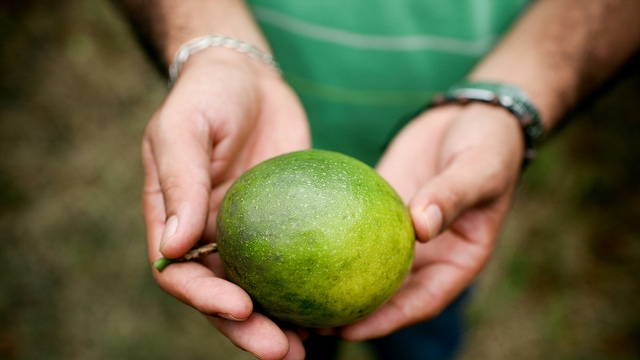Challenge
Between 1998 and 2000, the Colombian financial sector went through a crisis due mainly to a program of high risk loans to benefit poor farmers without access to credit. During this time period and in the following years, the BMC experimented with the trading of certificates on live animals (certificados ganaderos a termino - CGT), which led to severe losses in 2010 and 2011 due to inappropriate risk management measures by the BMC.
In light of the operational and regulatory challenges that were leading to the negative performance of the BMC, its management and the Colombian Government – the Ministry of Agriculture and Rural Development – approached the World Bank in 2011 to provide advice to the BMC on operational, legal/regulatory and market development aspects to help develop the commodity exchange market.
Solution
Between April 2012 and September 2013, a World Bank team reviewed the BMC’s operative, legal, and regulatory frameworks and proposed key improvements to strengthen the market and ensure its long-term financial sustainability as well as to pursue innovations that could help develop the agricultural sector. Specifically, the team sought improvements that could be made for the development of current and new agriculture and financial-related contracts to be traded at BMC.
The report also provided useful benchmarking data from both failed and from the most successful agricultural commodity exchanges in the region, highlighting international lessons-learned and proposals to use successful approaches and systems from other countries where relevant. For example, key characteristics of Agricultural Commodity Exchanges were presented from Chile, Argentina, the United States, Brazil, South Africa, and other countries as recommendations for consideration when developing similar contracts/market aspects in Colombia. The project also held a regional workshop in Chile and a regional study tour through LAC for key BMC and Colombian Government officials to view and better understand other countries’ systems and agriculture commodities contract types being traded.
Results
The final analytical report presented recommendations in several key areas, among others:
- Improvements in the operations and legal/regulatory framework of the exchange
- Potential new products and instruments to introduce in order to enhance the effectiveness and sustainability of the exchange
- Options for new compensation and liquidation systems for the exchange
The analytical report – in addition to a study tour and various meetings with key government and other stakeholders – enhanced key processes in the BMC, built capacity in both the government and BMC’s management and Board of Directors, deepened knowledge of the relevant topics within Colombia, and generated innovative solutions to market challenges.
Key changes that were enacted or are under consideration for the market as a result of this project include:
- Adapting the legal/regulatory framework according to the various markets in the agriculture commodity exchange, differentiating between the Cash Market, the Public Purchases Market, the Financial Products Market, and the Derivatives Market.
- Introduction of innovative price hedging instruments for agriculture commodities
- Reforms to operational processes within the exchange and corporate governance reform.
Bank Group Contribution
The World Bank financed this analytical report as a Reimbursable Advisory Service, with a total cost of US$230,000.
Partners
Key partners were representatives from the BMC as well as officials from the Ministry of Agriculture and Rural Development (MADR).
Moving Forward
Based on interest in several of the regulatory proposals laid out in the main report, the Government of Colombia has requested the Bank’s ongoing technical and financial support in implementing specific legal and regulatory reforms, in particular the review of the capacity of intermediaries/brokers to operate in the different markets at the exchange.
Beneficiaries
The BMC and other financial stakeholders in the agricultural commodities and futures markets will benefit from increased market coordination, better functioning exchange and streamlined and improved risk management and regulatory structures. Citizens working in the agricultural sector in general will benefit from better access to more effective financial investment and risk management instruments.
